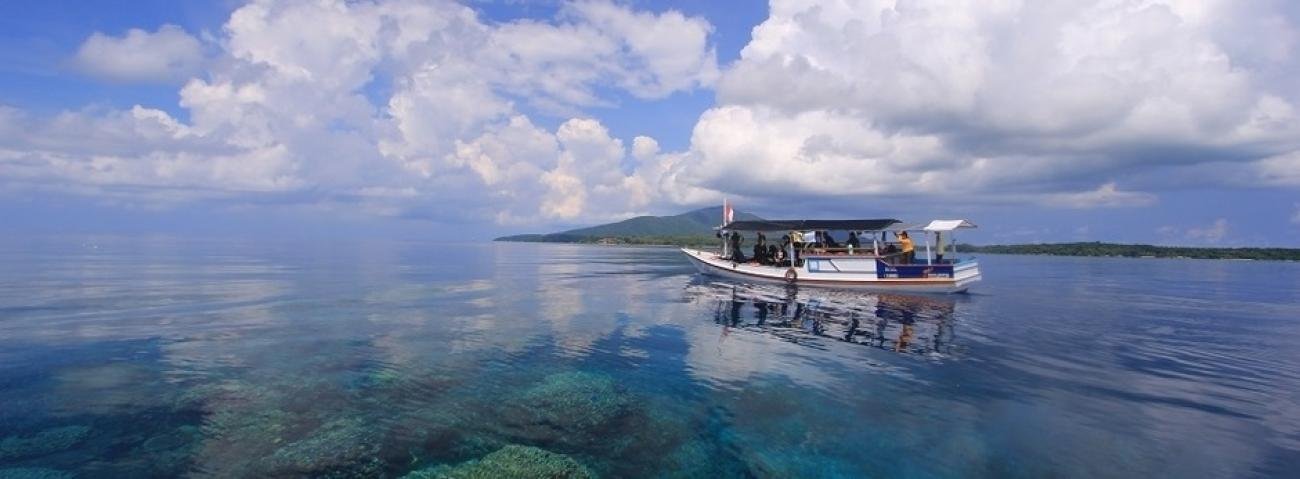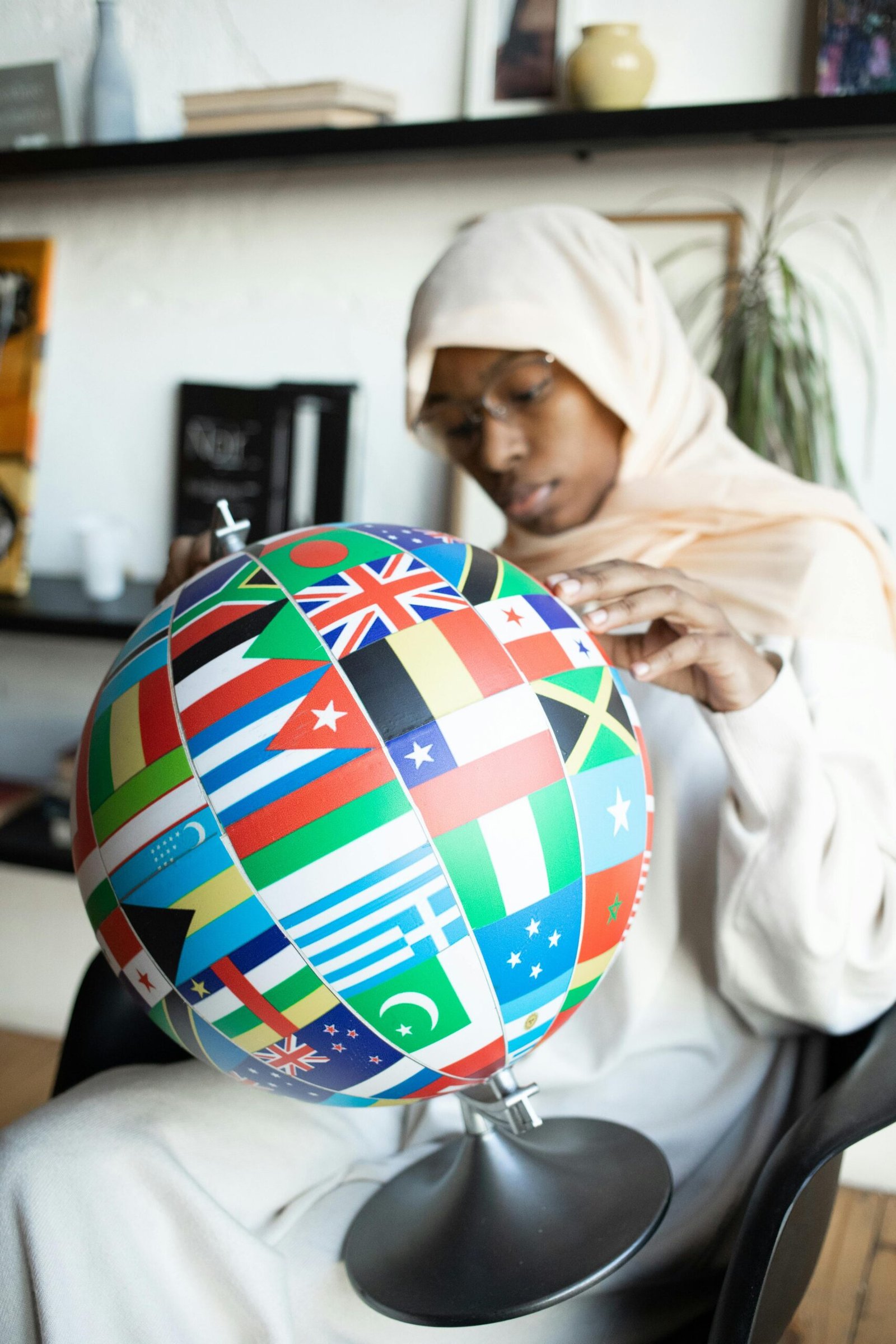
Comprising 17, 000 different islands, Indonesia is the world’s largest archipelagic nation. The ocean influences every part of life across these islands. 70% of the population lives in coastal areas and seven million Indonesians directly depend on the ocean for their livelihoods. Fish and seafood account for over half of the country’s protein intake every year.
Despite this reliance, the health of Indonesia’s ocean is wavering. Fish stocks are in decline and increasing levels of plastic pollution threaten the country’s marine ecosystem. Coastal areas are contending with climate change and rising ocean levels. 92 of the outermost islands in the country are facing the potential of sinking in the future as a result.
The need for a long-term plan for sustainable ocean development in Indonesia could not be more urgent.
Blue milestone
Last month, Indonesia reached a milestone towards this with the launch of its National Blue Economy Roadmap 2045: a blueprint for ocean-based development and priorities. The Roadmap reinforces Indonesia’s commitment to SDG 14 (Life below water)- the most underfunded goal globally- and sets out a path towards the long-term sustainability of ocean development across the country. In time, the Roadmap is expected to generate increasing revenues from ocean-based activities while conserving marine biodiversity and the health of the ocean, through sustainable use and the restoration of marine ecosystems.
At the request of the Ministry of National Development Planning, the UN in Indonesia played a key supporting role in the development of the Roadmap.
Preparations began last year, when the Government and the UN jointly formulated and launched the National Blue Agenda Action Partnership (NBAAP) – a framework to coordinate and streamline efforts across 8 government ministries, 12 development partners and 8 UN entities, including critical inputs on the blue economy from Peter Thomson, the UN Secretary General’s Special Envoy for the Ocean.
Throughout this planning process, the Resident Coordinator’s Office (RCO) provided the Government with expertise and guidance. As the Economist in the RCO, I provided my substantive inputs to ensure that the roadmap prioritizes the environmental aspects of development rather than only focusing on economic gains. I also advocated to ensure the Roadmap reflects the voice of the people who are at risk of being left behind, including coastal communities in remote locations.


